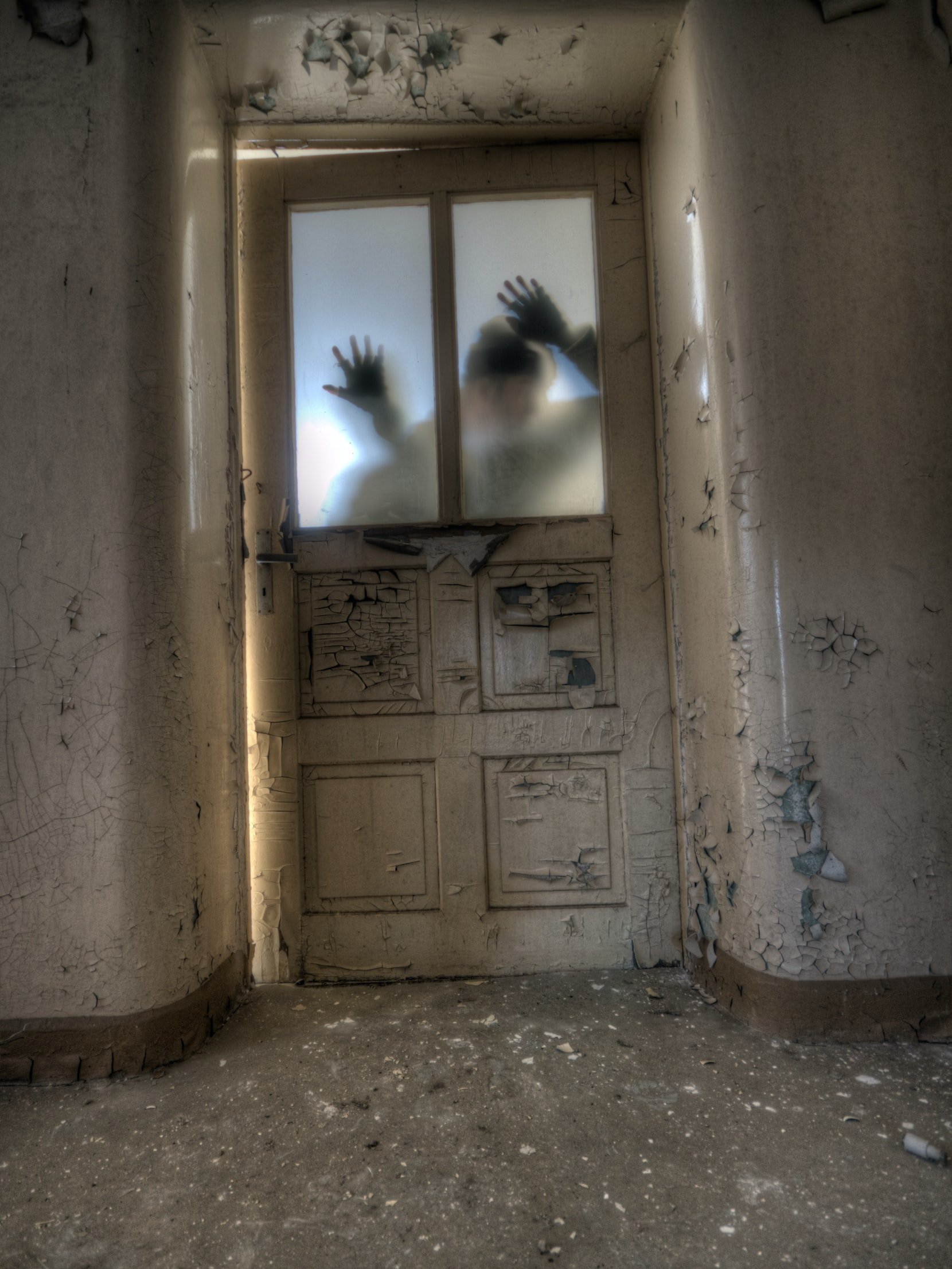Written Bodily Presence
A few years ago, I had the privilege of writing a number of articles for Humanum Review, which is run out of the Pontifical John Paul II Institute for Studies on Marriage and Family. The articles I wrote for that outlet forms part of a very small yet gradually growing corpus of external writings which you can find in my resource catalogue on Linktree.
One of those articles was a review of the Netflix series Violet Evergarden, which I wrote under the title “Bodies of Writing”. In the review, I mentioned how the art of writing inscribes, thereby making present, the inner stirrings of our heart. With reference to the ancient Egyptian father Athanasius, I also mentioned how writing also shapes our very identities. To quote the article:
In spite of the tendency towards abstraction, we more often present ourselves to others through writing than through aural or personal contact, and identities are formed in this process of written expression, both in reality and in the minds of others.
What I have noticed in the article is that, with all the talk about presence, I did not make a causal connection between writing and presence of the self per se. If anything, I probably mentioned that we are living in an age of disconnect between our writing and our very selves. To quote the article again:
Increasingly, these scribed identities are formed independently of the identities we express with our mouths and bodies. This remove between our person and our writing is more acute in an age where smart devices are now the prosthetics we carry in our hands, and typing becomes the increasingly normalised mode of writing.
I have had occasion to revisit this tension between writing and presence in the course of working through a forthcoming book chapter project on Digital Theology for Oxford University Press. Rather than insist on a divergence between writing and bodily presence, I am gradually being persuaded that writing can (not must) precipitate the presence of a body, though not the literal body that we might expect when we speak of presence. The turning point was when I came upon three sources in the course of researching the chapter.
The first source was St Jerome, as channeled through St Ambrose. In one of his homilies on the Psalms, Jerome/Ambrose made an equivalence between the Body of Christ and the Words of Scripture, going as far to say that “the Body and Blood of Christ are truly a word of Scripture”.
The second source was Graham Ward’s Christ and Culture, which gave a way of explaining sacramental presence by speaking of the sacramental body as not a literal body, but a figuration. This figuration means that we do not have a 1:1 translation of the historical body of Jesus of Nazareth. However, this does not mean that what is figured is an empty symbol on which a meaning is imposed. Rather, the figuration makes the reality it figures really present.
The third source was Katherine Schmidt’s Virtual Communion, who made an interesting link between the Letters of Paul and Paul himself. Schmidt noted how, because of Paul’s frequent travels, there was an absence of Paul’s person that required a construct to stand in for his person. Written text, which form part of the Scriptures, were not simply reminders about what Paul thought, but stood in for the person of Paul himself, making himself present to his readers.
Put together, the impression I got was that writing is not a remove from bodily reality, but makes that bodily reality available to us well beyond the time and locale of the writing itself. Underwriting all this, and giving all this coherence, is what Ward calls a process of the extension and dissemination of Christ’s body, so that his presence could extend beyond biological embodiment to encompass figurations of that embodiment, scriptural, sacramental and ecclesial.
Support Awkward Asian Theologian on Patreon, and help make a change to the theological web.




